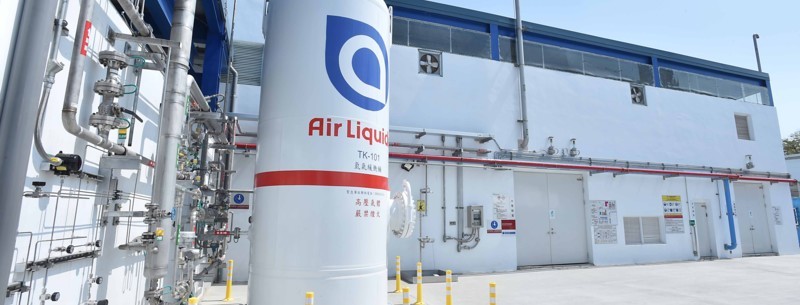From pv magazine Global | via the Hydrogen Stream
Mattiq is developing a range of alternatives to iridium, a costly and rare element crucial in proton exchange membrane (PEM) water electrolysers. The alternatives offer comparable or superior performance at a significantly lower cost, according to the Chicago-based company. It achieved this by evaluating “millions of combinations” of different elements for their suitability in industrial applications.
InterContinental Energy has secured USD 115 million (181 million) in equity investment from GIC and Hy24, a clean hydrogen investor. This funds will expedite the deployment of InterContinental Energy’s portfolio of projects and support the company’s vision to scale up the green hydrogen economy and drive large-scale market adoption of green fuels. InterContinental Energy is actively developing a portfolio of green hydrogen projects in Australia and the Middle East, strategically located in coastal deserts.
Hystar has unveiled plans for a fully automated 4 GW electrolyser factory set to be delivered in Høvik, Norway, by 2025, with construction commencing in early 2024. The company is also expanding its operations to North America, with a new location scheduled for 2024 and a multi-gigawatt factory scheduled for 2027. It is starting the hiring process for its North American headquarters as part of this expansion. In addition, the PEM electrolyzer specialist is in talks with key stakeholders in the United States and Canada to establish its first gigawatt factory on the continent, with ambitions to surpass its European plans within the decade.
Air Liquide and Trillium Energy Solutions have agreed to collaborate in the US heavy-duty hydrogen fueling market. They will focus on hydrogen supply and refuelling infrastructure to accelerate the heavy-duty hydrogen transportation ecosystem. The partnership’s initial phase involves deploying hydrogen stations along a strategically significant trucking route.
Daimler Truck says that a public road-approved prototype of the Mercedes-Benz GenH2 Truck covered 1,047 km with one fill of liquid hydrogen. The test “has successfully demonstrated that hydrogen fuel-cell technology can be the right solution to decarbonise flexible and demanding long-haul road transportation.” The truck completed the run fully loaded, with a gross combined vehicle weight of 40 tons under real-life conditions. Ahead of the run, cryogenic liquid hydrogen at minus 253 degrees Celsius was filled into two 40 kg tanks mounted on either side of the truck chassis.
This content is protected by copyright and may not be reused. If you want to cooperate with us and would like to reuse some of our content, please contact: editors@pv-magazine.com.








By submitting this form you agree to pv magazine using your data for the purposes of publishing your comment.
Your personal data will only be disclosed or otherwise transmitted to third parties for the purposes of spam filtering or if this is necessary for technical maintenance of the website. Any other transfer to third parties will not take place unless this is justified on the basis of applicable data protection regulations or if pv magazine is legally obliged to do so.
You may revoke this consent at any time with effect for the future, in which case your personal data will be deleted immediately. Otherwise, your data will be deleted if pv magazine has processed your request or the purpose of data storage is fulfilled.
Further information on data privacy can be found in our Data Protection Policy.